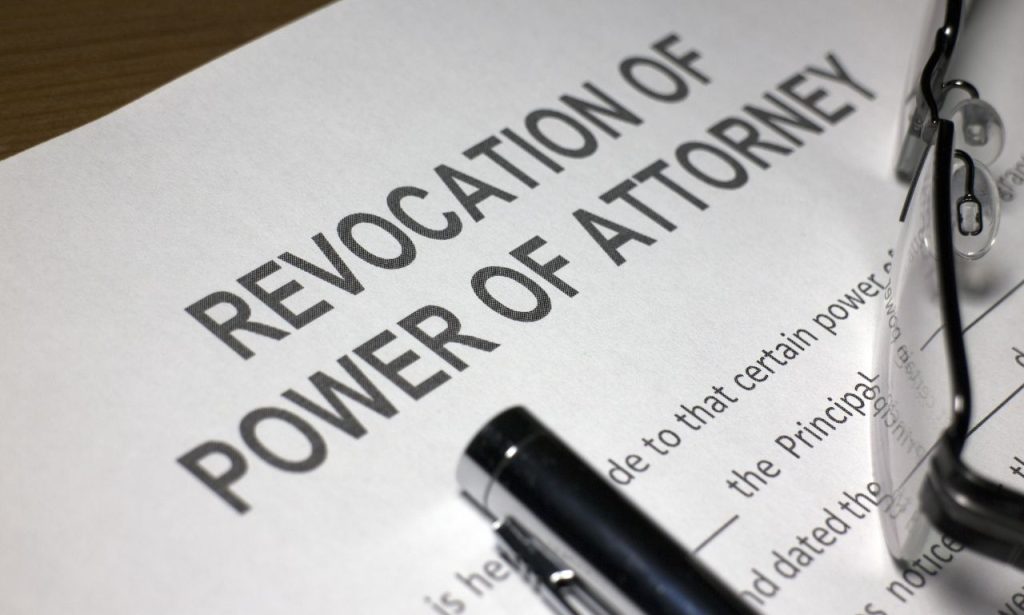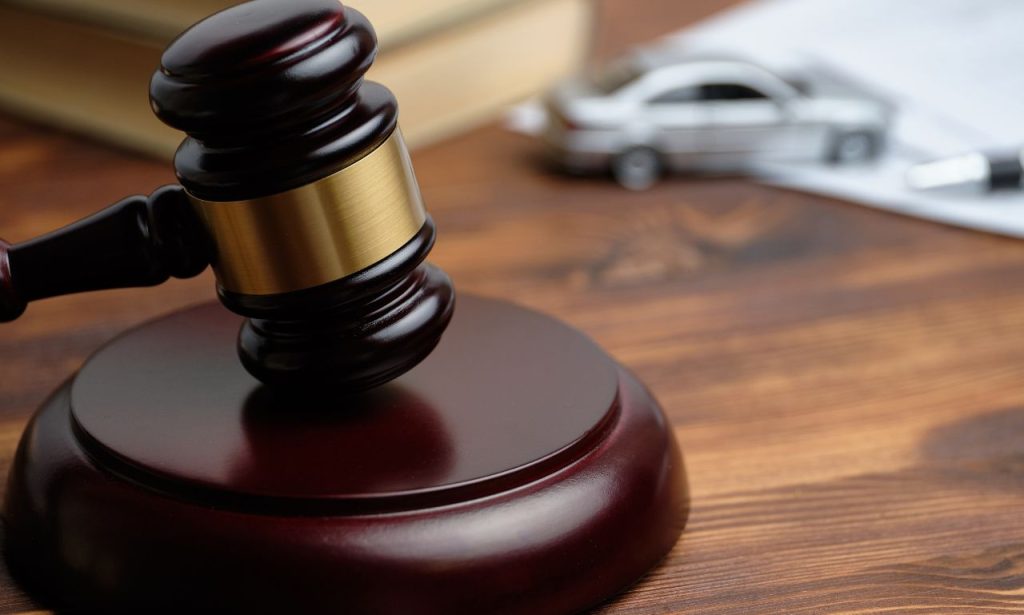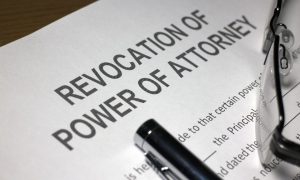Facing a revocation hearing can be one of the most challenging experiences of your life. It calls into question not only your freedom but also your reputation and your future. With so much at stake, the situation can seem overwhelming. However, understanding how to win a revocation hearing can turn the tide in your favor. Preparation, knowledge, and a proactive approach can make all the difference between freedom and incarceration.
This guide will provide you with insights into understanding the revocation hearing process, practical steps for preparation, and strategies to maximize your chances of success. By the end, you’ll be equipped with the knowledge and tactics needed to navigate this challenging process, ensuring you are in the best possible position to defend yourself.
Understanding Probation Violation Hearings
Defining a Probation Violation Hearing
A probation violation hearing, also referred to as a revocation hearing, is a legal proceeding where the court determines whether you have violated the terms of your probation. Probation is a conditional freedom, where instead of serving a jail or prison sentence, you are allowed to live in the community under specific conditions. Violating these conditions can lead to a revocation of your probation, which means incarceration. The purpose of a revocation hearing is for the judge to determine if the alleged violation is substantial enough to justify revoking probation.
Unlike a criminal trial, a revocation hearing does not require the prosecution to prove your guilt beyond a reasonable doubt. Instead, the standard of proof is significantly lower, making it crucial for you to understand how the process works and how to effectively challenge the allegations. Knowing how to win a revocation hearing involves addressing this lower standard head-on, using a strategy that emphasizes your compliance and mitigates any perceived violations.
Common Triggers for Probation Violations

Probation violations can be triggered by breaking any of the terms of your probation, and some violations are more common than others. Understanding these triggers is crucial for preparing for a successful revocation hearing:
- Missing Appointments with Probation Officers: One of the core requirements of probation is maintaining regular appointments with your probation officer. Missing an appointment can be interpreted as non-compliance and trigger a probation revocation hearing.
- Failing a Drug or Alcohol Test: Many probation agreements include a prohibition on drug and alcohol use. Failing a mandated drug or alcohol test is a significant violation that can lead to serious consequences.
- Committing a New Crime: One of the most severe violations is being arrested for a new criminal offense while on probation. This can not only lead to revocation but also additional criminal charges.
- Failure to Pay Fines or Restitution: Financial obligations, such as court fees, fines, or restitution payments, are often conditions of probation. Falling behind on these payments can lead to a violation.
- Traveling Outside Approved Boundaries: Many probation agreements restrict you to a specific geographic area. Traveling without prior approval from your probation officer can be seen as a violation.
General Conditions of Probation
Probation conditions can be categorized into general and specific requirements. General conditions apply to most people on probation, and they are foundational to maintaining compliance. Examples of general conditions include:
- Maintaining Employment: You must remain gainfully employed and notify your probation officer if your employment situation changes.
- Avoiding Criminal Associates: You must avoid associating with known criminals or individuals involved in unlawful activities.
- Attending Court-Ordered Appointments: This includes court appearances, counseling sessions, or any other required programs.
- Abstaining from Drugs and Alcohol: Depending on your case, you may be required to abstain from any drug or alcohol use, with random tests to verify compliance.
Understanding these conditions is critical because even seemingly minor infractions can lead to a probation revocation hearing. Keeping records of compliance and open communication with your probation officer are essential to avoid misunderstandings and help you understand how to win a revocation hearing.
Specific Requirements for Domestic Violence Programs
For those whose original offense involved domestic violence, attending and completing a domestic violence program may be a condition of probation. Non-attendance or failure to complete the program can be treated as a severe violation, potentially leading to revocation. To win a revocation hearing, it is crucial to attend all required sessions, keep verifiable proof of completion, and demonstrate proactive engagement in any additional requirements.
Drug Treatment Program Conditions
If your probation involves drug-related offenses, you may be required to attend and complete a drug treatment program. Judges often see participation in such programs as an indication of rehabilitation. Non-compliance can raise red flags about your commitment to change. Maintaining detailed records of your attendance and seeking help if you’re struggling to meet this requirement shows a genuine effort to comply and can work in your favor during a revocation hearing.
Initiating a Revocation Hearing
Evidence Required to Prove a Violation
In a revocation hearing, the burden of proof differs significantly from a criminal trial. Rather than proving beyond a reasonable doubt that you violated probation, the prosecution only needs to show by a “preponderance of evidence” that it is more likely than not that you committed a violation. This lower standard means that even circumstantial evidence could be enough for the judge to decide against you.
Evidence presented in these hearings often includes:
- Testimony from your probation officer.
- Police reports of any new criminal behavior.
- Results from failed drug or alcohol tests.
- Documentation showing missed meetings, classes, or payments.
Understanding this standard of proof and preparing a strong defense can mean the difference between success and revocation. Knowing how to win a revocation hearing often requires challenging this evidence effectively and demonstrating your commitment to rehabilitation.
Role of Prosecutors in Revocation Hearings
Unlike criminal trials where the prosecution is trying to prove a new offense, in revocation hearings, their goal is to prove that you did not adhere to your probation terms. They will present evidence of non-compliance, which could result in you serving your original sentence. Understanding how to effectively counter their claims is key to how to win a revocation hearing.
How Judges Evaluate Evidence
During a revocation hearing, judges evaluate all the evidence to determine if a violation has occurred. They consider factors such as the severity of the alleged violation, any mitigating circumstances, and your overall compliance record. It is crucial to provide context for any violations—for example, missed meetings due to medical emergencies, documented by doctor’s notes—to help the judge see the violation in a more sympathetic light.
Strategies for Successful Outcomes
Demonstrating Compliance with Probation Terms
The most effective strategy in a revocation hearing is to demonstrate that you have complied with the terms of your probation. Meticulous record-keeping is invaluable here. Create a comprehensive file that includes:
- Receipts for fines paid.
- Documentation from counselors or treatment programs.
- Proof of employment or job searches.
- Correspondence with your probation officer showing your proactive approach.
Bring witnesses if possible—such as your employer or counselor—who can testify about your compliance and positive character. These steps are instrumental in understanding how to win a revocation hearing.
Addressing and Remedying Violations
If you know a violation has occurred, take steps to remedy it before the hearing. For instance, if you missed a mandatory session, make it up as soon as possible and keep proof of your efforts. Demonstrating that you are taking responsibility and making amends can create a positive impression and possibly sway the judge in your favor.
Being honest is also crucial. Judges are often more lenient towards those who admit their mistakes and demonstrate an effort to improve. Honesty about your struggles can also create opportunities for leniency, such as a modification of probation terms instead of outright revocation.
Utilizing Community Support and Resources
Community resources can play an important role in winning a revocation hearing. If your probation conditions include addiction recovery, attending local support group meetings can show your commitment to rehabilitation. Keep records of your attendance and engage with organizations that help people comply with probation requirements. Community involvement demonstrates that you are working to improve your situation and make a positive contribution, which can influence the judge’s decision.
Potential Consequences of Losing a Hearing

If you lose a revocation hearing, the consequences can be severe. Depending on the severity of the violation, a judge may revoke your probation entirely, which means you will have to serve the original jail or prison sentence. In some cases, they may decide to modify your probation, which could involve adding stricter conditions or extending the probation period.
Options for Appealing a Hearing Decision
Losing a revocation hearing is not always the end of the road. You have the option to appeal the judge’s decision. Appeals often focus on errors in the legal process or arguing that the judge’s decision was unreasonable given the evidence. Consulting with a criminal defense attorney experienced in appeals can be essential if you decide to take this route. They can provide guidance on whether an appeal is likely to succeed and how best to proceed.
Engaging an Attorney for Legal Representation
Hiring an experienced attorney can greatly increase your chances of winning a revocation hearing. A skilled lawyer will know how to challenge the prosecution’s evidence and present a strong argument on your behalf. They can help you gather and present documentation, communicate effectively with the court, and navigate the nuances of probation law. If hiring a private attorney is financially prohibitive, you may be eligible for a public defender. Regardless of your financial situation, having legal representation is critical to achieving a favorable outcome.
Conclusion
Knowing how to win a revocation hearing involves comprehensive preparation, an understanding of the process, and demonstrating a genuine commitment to meeting the conditions of your probation. The outcome of a revocation hearing often depends on your ability to convince the judge that you are committed to rehabilitation, have complied with probation terms, and have addressed any violations effectively.
By thoroughly preparing your defense, maintaining open communication with your probation officer, and engaging with community support systems, you can increase your chances of retaining your probation and avoiding incarceration. Whether it’s attending all mandated sessions, documenting your compliance, or working with an attorney to build a solid defense, every action you take in preparation will count.
Remember, the key to how to win a revocation hearing is showing the court that you take your probation conditions seriously and are making every effort to improve yourself and adhere to the rules.
ALSO READ: What Are Some Awards You Can Get in High School?
FAQs
If you lose, you could be sent back to jail or prison, have your probation period extended, or face additional probation requirements. The severity of the consequences depends on the nature of the violation.
Document compliance with probation conditions, correct any fixable issues, engage positively with the community, and obtain strong legal representation.
Yes, you can appeal if there were legal errors during the hearing. However, appeals have strict deadlines, so it is essential to act quickly.
The standard of proof is lower in a revocation hearing because it is a civil proceeding rather than a criminal one. The goal is to determine if the conditions of probation were violated, not to establish criminal guilt beyond a reasonable doubt.
While it is not legally required, having a lawyer is highly advisable. They can help gather evidence, cross-examine witnesses, and present mitigating factors, all of which significantly improve your chances of a favorable outcome.




